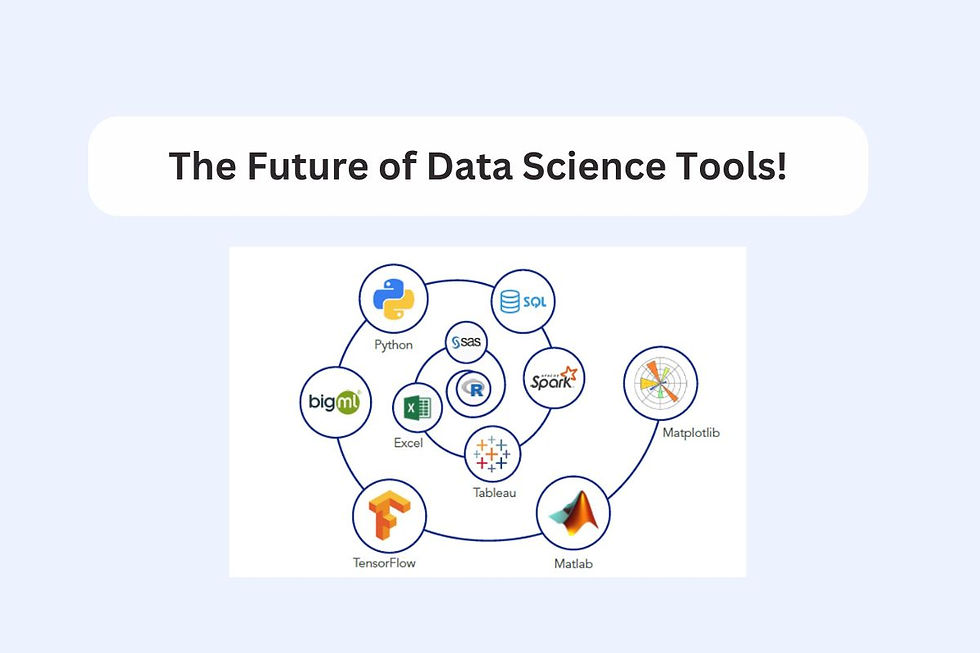7 Ways to Improve Software Testing with Psychology
- archi jain

- Apr 23, 2024
- 3 min read

In the world of software development, testing is crucial for ensuring that the final product meets quality standards. However, traditional approaches to testing often overlook the human element. By integrating principles from psychology into software testing practices, teams can improve efficiency, effectiveness, and overall quality. Here are seven ways to enhance software testing with psychology:
Understanding User Behavior:
Before diving into testing, it's essential to understand the end-users' behavior and preferences. By leveraging psychological principles such as user personas and cognitive walkthroughs, testers can simulate real-world scenarios and anticipate how users will interact with the software. This understanding helps in designing test cases that reflect users' needs, leading to more relevant and accurate testing outcomes.
Embracing Cognitive Psychology:
Cognitive psychology studies how people perceive, think, and solve problems. Testers can apply cognitive psychology principles to identify potential cognitive biases that may influence testing outcomes. Techniques such as heuristic evaluation and thinking aloud protocols can uncover hidden usability issues and improve the overall user experience of the software.
Utilizing Behavioral Economics:
Behavioral economics examines how psychological factors influence economic decisions. Testers can leverage this field to understand how users make decisions within the software interface. By conducting A/B testing and analyzing user feedback, teams can optimize the design and functionality of the software to align with users' preferences and behaviors, ultimately increasing user satisfaction and engagement.
Implementing Gamification Techniques:
Gamification employs game design elements in non-game contexts to motivate and engage users. Testers can incorporate gamification techniques into testing processes to make them more interactive and enjoyable. For example, leaderboard-based testing challenges can incentivize testers to discover and report bugs more efficiently, fostering a competitive and collaborative testing environment.
Applying Emotional Design Principles:
Emotional design focuses on creating products that evoke positive emotions in users. Testers can apply emotional design principles to assess how different features and interactions elicit emotional responses from users. By conducting emotional usability testing and incorporating feedback into the design iteration process, teams can create software that not only functions well but also resonates with users on an emotional level, leading to increased user satisfaction and loyalty.
Addressing Psychological Barriers to Testing:
Psychology can help identify and address psychological barriers that hinder effective testing. Test anxiety, fear of failure, and confirmation bias are common challenges that testers may face. By promoting a supportive testing environment, providing adequate training and resources, and encouraging open communication, teams can mitigate these barriers and empower testers to perform at their best.
Fostering Collaboration and Communication:
Effective communication and collaboration are essential for successful software testing. Psychological research on teamwork and communication dynamics can provide insights into how to optimize collaboration among testers, developers, and stakeholders. Techniques such as pair testing, cross-functional team meetings, and regular feedback sessions facilitate knowledge sharing, problem-solving, and consensus-building, ultimately improving the overall quality of the software.
Conclusion
Integrating psychology into software testing practices offers numerous benefits, including a deeper understanding of user behavior, improved usability, and enhanced collaboration among team members. By applying psychological principles and techniques, teams can elevate their testing processes and deliver software that not only meets functional requirements but also delights users and exceeds expectations. For those interested in gaining further knowledge in psychology and its application to software testing, consider joining a Software Testing Training Institute in Chandigarh, Delhi, Kota, or other nearby cities. These institutes offer specialized courses and resources to help individuals enhance their skills and stay updated with the latest developments in both psychology and software testing.








Comments